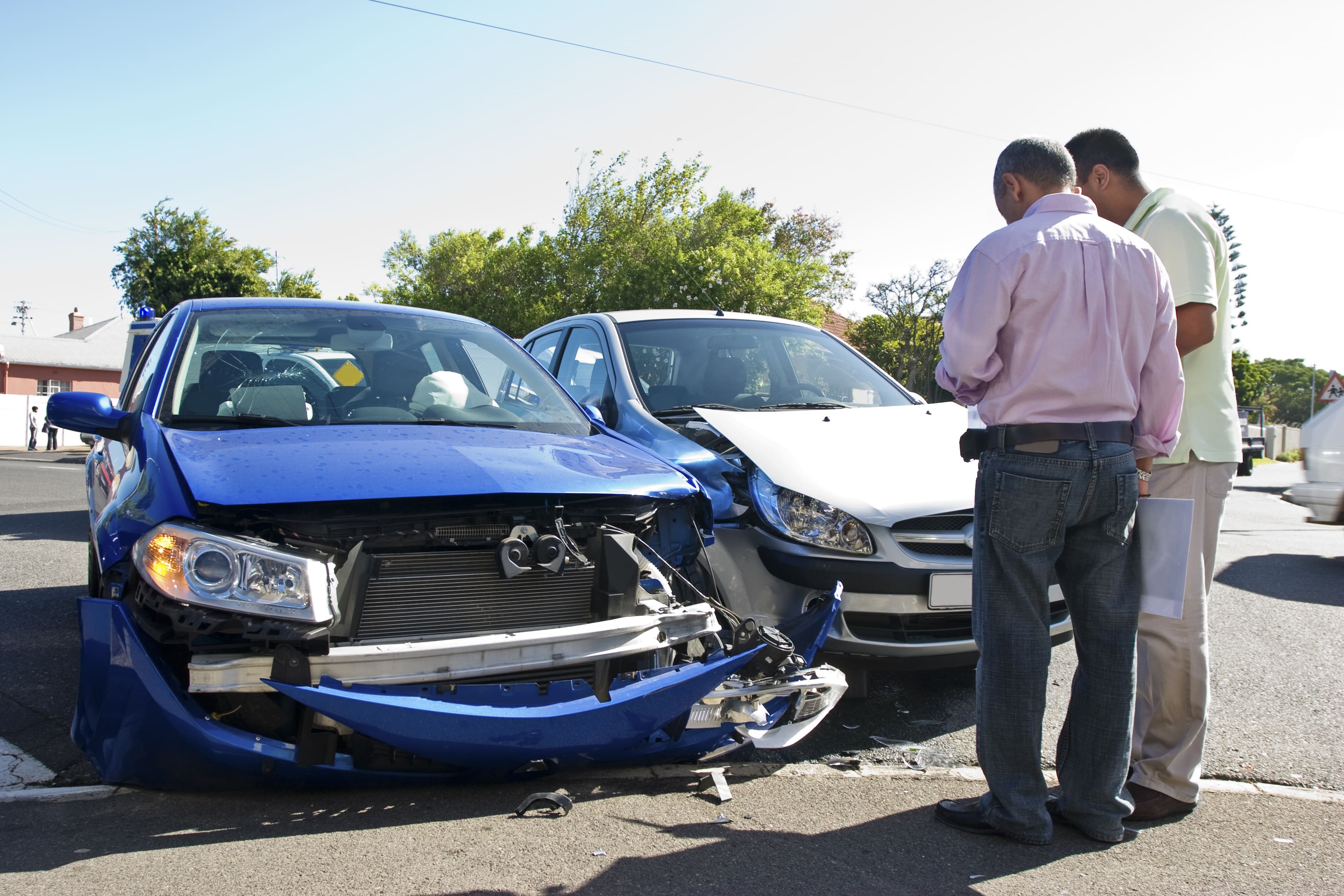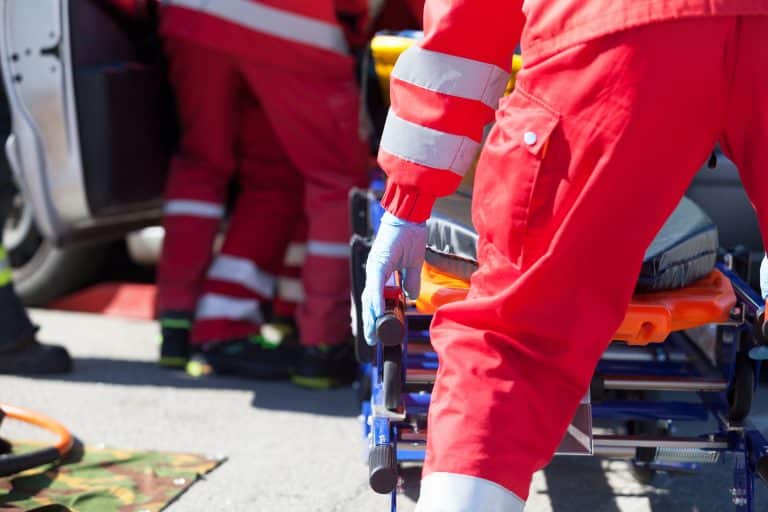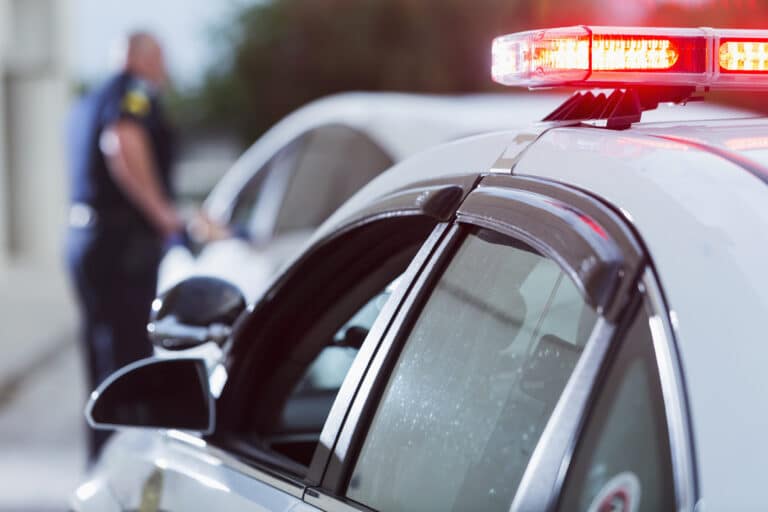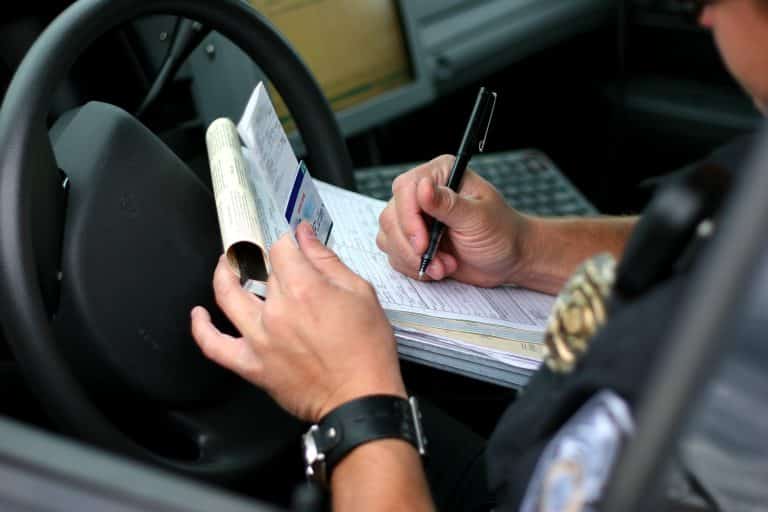The terms reckless driving and reckless endangerment sound similar but they actually refer to different offenses. That said, there are similarities: Both can result in being arrested, and both are misdemeanor offenses (although reckless endangerment can be charged as a felony). Here’s what a person should understand about both offenses.
Reckless Driving Is a “Catch-all”
A driver who is making the roads unsafe for other people—other drivers, pedestrians, bicyclists, etc.—can be charged with reckless driving. Officers have a lot of discretion as to what makes the road “unsafe.”
Here’s a scenario: A person is driving at a high rate of speed (speeding) while weaving in and out of traffic (improper passing and failure to signal). Right off the bat, this person has committed--at minimum--three traffic offenses.
In theory, if the driver was weaving a lot, a cop could give him or her an improper passing ticket and failure to signal ticket for each time he or she did that. In that case, a person could be on the receiving end of eight or more tickets. This is impractical and in many ways a waste of time for the officer, who will have to write out and defend every single ticket in court.
More importantly, the behavior described above means the driver is operating in a way that it is unsafe. Each of those offenses individually could cause an accident, but together they increase that risk substantially.
In this way, the reckless driving charge becomes a catch-all for this kind of egregious behavior. Rather than try to explain each offense, the officer now only needs to explain the broader gist of the actions, and why the person who drove in this manner put others in harm’s way.
Reckless Driving Gets Bad Drivers Off the Road
One of the most important aspects of a reckless driving charge is that it is an arrestable offense. A person who is driving in a reckless manner should be taken to the precinct for processing. This keeps him or her off the road for a period of time, which eliminates the danger to others.
Sure, handing someone a stack of tickets might sting, but an arrest sends a clear message: your behavior is dangerous, criminal, and it must stop now.
Reckless Endangerment Usually Applies When Someone Gets Hurt
Technically, reckless endangerment is not limited to driving. This is a charge for a crime when you do something you should have known was dangerous to others. An example would be leaving a construction crane out knowing a hurricane was coming. If the wind knocked that over, a person could be seriously hurt or killed.
Technically, a person does not have to be harmed to be charged with reckless endangerment. However, an officer is not likely to charge a driver with this offense unless someone was seriously hurt and reckless driving is not deemed serious enough to address what happened.
Three months ago, for example, a highway police officer in Queens was directing traffic. A woman who was intoxicated went onto the shoulder to get around the traffic. In doing so, she struck the cop, who died later from his injuries. The woman was charged with reckless endangerment and vehicular manslaughter.
Another example from a few years ago involves a woman who was driving aggressively while on medication. The woman struck a pregnant mother and her daughter while they were in the crosswalk. The daughter died. The judge ruled that the woman should not have been behind the wheel because the medication she was on impaired her ability to drive properly. Moreover, the medication specifically included a warning not to operate a vehicle. She was sent to prison.
Cops Will Charge the Most Serious Offense
In any scenario that involves reckless behavior, an officer is going to charge the most severe offense possible. When the District Attorney starts looking into the case, he or she may decide to downgrade the offense based on what he or she believes can be proven in court. In rare cases, if further investigation turns up more damning evidence, the offense might be upgraded. But it usually works the other way.
For example, a person who is driving drunk can be charged with reckless driving, but a DWI conviction has more serious penalties, so that’s the charge an officer will most often dole out to the intoxicated driver. It is possible to be charged with both reckless driving and DWI, but only if there are separate acts that, regardless of the drunken state, were dangerous (such as speeding or going the wrong way down a one-way street).
What Does It Mean to Be Charged with Reckless Driving or Reckless Endangerment?
At the end of the day, either offense is serious and can result in jail time and steep fines. The best advice is to drive safely. But if you’ve already been charged, you need the help of an expert attorney to represent you. He or she will work to build a defense that minimizes the damage to your life.





